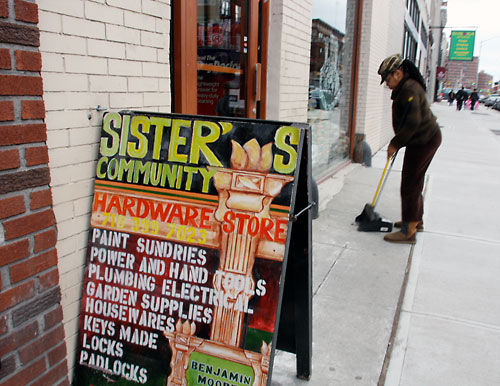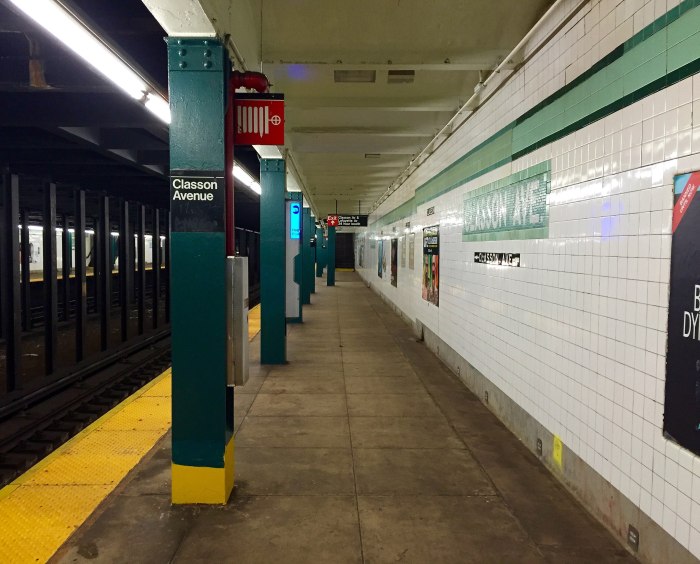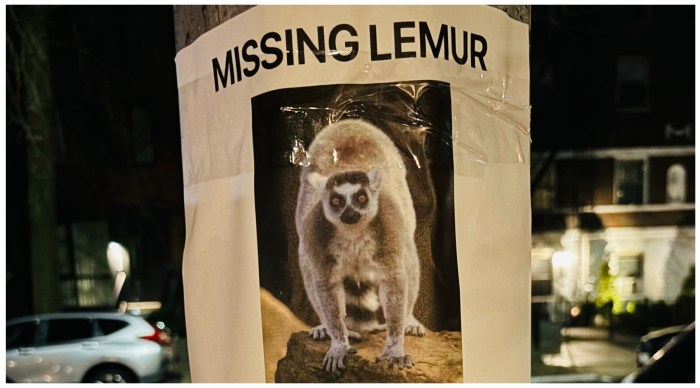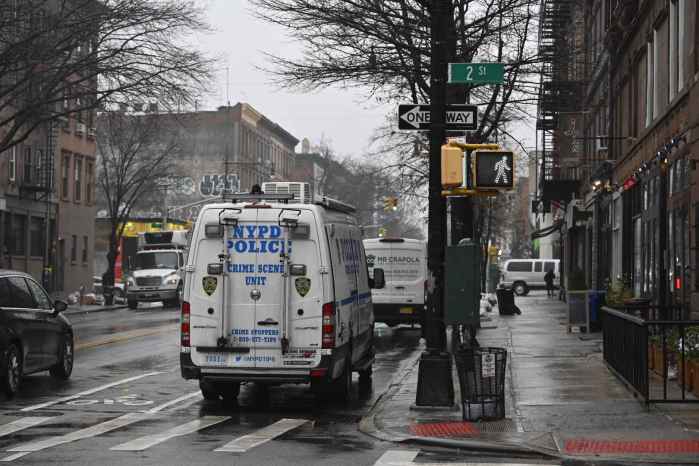Fulton Street merchants have launched another assault against a tax on property owners that would be allocated to improve the business environment along the thoroughfare in Fort Greene and Clinton Hill.
Small business owners and neighborhood activists, mostly from the Clinton Hill portion of Fulton Street, delivered a letter of protest with 70 signatures against the newly formed business improvement district to Councilwoman Letitia James (D–Clinton Hill) and the city Department of Finance last Thursday, warning that they’d withhold their fees from the controversial measure.
“We won’t pay,” the letter read. “This BID [business improvement district] has left us out. We want a new, democratic vote. Otherwise it’s a battle on Fulton Street.”
Shopkeepers first revolted against the business improvement district prior to its creation in December, but the rebel forces were not large enough to defeat the vote by the 200 property owners to ratify the tax. The opponents have kept up the fight, though, saying that the tax, $80 for every 20 feet of property, is a burden during the recession.
The tax will raise $300,000 per year and its proponents say the money will be spent on security, street lighting and other enhancements between Rockwell Place and Classon Avenue.
But there’s the fear among some entrepreneurs that paying for improved services will accelerate gentrification and eventually drive them out of business.
But BID supporters say that merchants need to adapt to the evolving business climate.
“The neighborhood has changed, is changing and will continue to change,” said Gary Kon, the co-owner of Outpost, a café near the corner of Downing Street and a member of the BID’s steering committee. “The businesses that are going to succeed are the ones that are going to change with the neighborhood.”
James has defended the business improvement district and said that its formation now enables her to funnel city money to the area for other uses that could revitalize the commercial corridor.
In response to the backlash, the city has postponed collecting the charges until November, James said, when the economy might show signs of recovery.






















